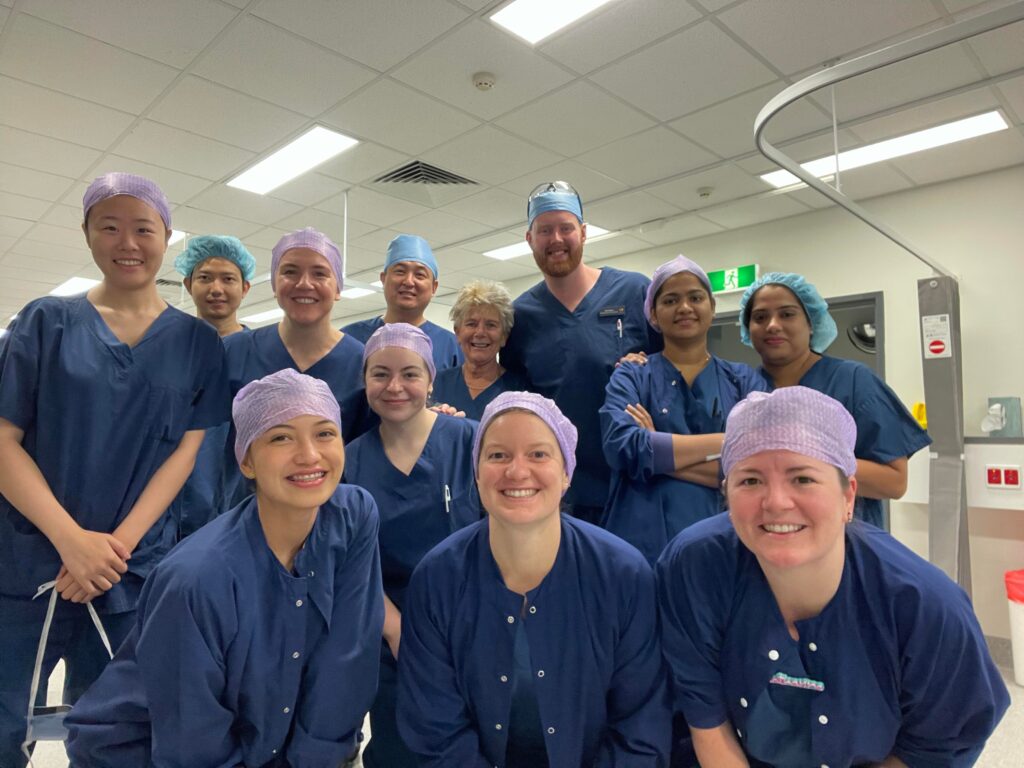With university now in full swing, students will be hunched over electronic devices studying for considerable periods of time, increasing their risk of neck, shoulder and back issues.
Our Physiotherapist Glenn Dods notices a sharp increase in the number of young adult patients requiring treatment once the university semesters begin with neck, shoulder and back issues related to time spent using electronic devices for study including laptops and tablets.
The trend is also leading to increased rates of early degenerative conditions and joint surgery, more commonly seen in adults.
“We are seeing a number of young university students walk through the door, who are experiencing headaches, pain and other issues in their upper body, and when you get into it, the common thing you find is just how many hours are spent slouched over these electronic gadgets,” Dods said.
“In some cases students are using their laptops or iPads two or three hours a day without a break and that’s not including the time spent using them during a lecture or tutorial.
“I had a young girl who had been suffering terrible headaches for about six months while dealing with back and neck problems and simply by reducing her use, performing more exercise and improving her posture, she soon had a 70% to 80% improvement.”
Dods also said there were increasing numbers of younger people experiencing significant spinal and limb issues because of drastically reduced time spent undertaking regular physical activity.
“Young adults might still be playing sport, but they are spending more time on laptops and other devices when they have downtime, and they’re not getting that broad based conditioning,” he said.
“Then when they do come to play sport or work out for a club where they do intensive training, they are breaking down and incurring some serious injuries.”
To reduce health risks and balance the impact of increased hours spent indoors using electronic devices, Dods recommended avoiding prolonged study sessions, taking regular breaks, ensuring good posture including sitting upright and supporting the neck during use, and increasing the amount of physical activity.
contact
If you are experiencing health concerns while studying, speak to our physiotherapy team on 08 8362 8122 or at physio@sportsmed.com.au.



